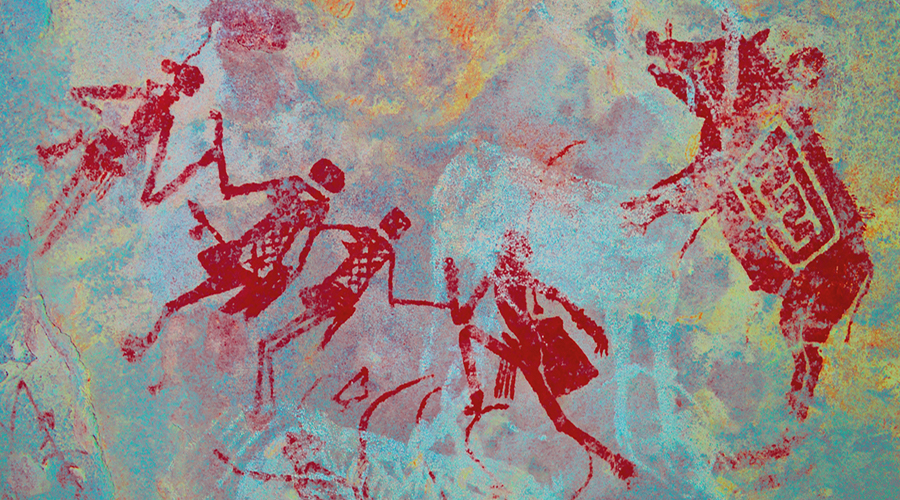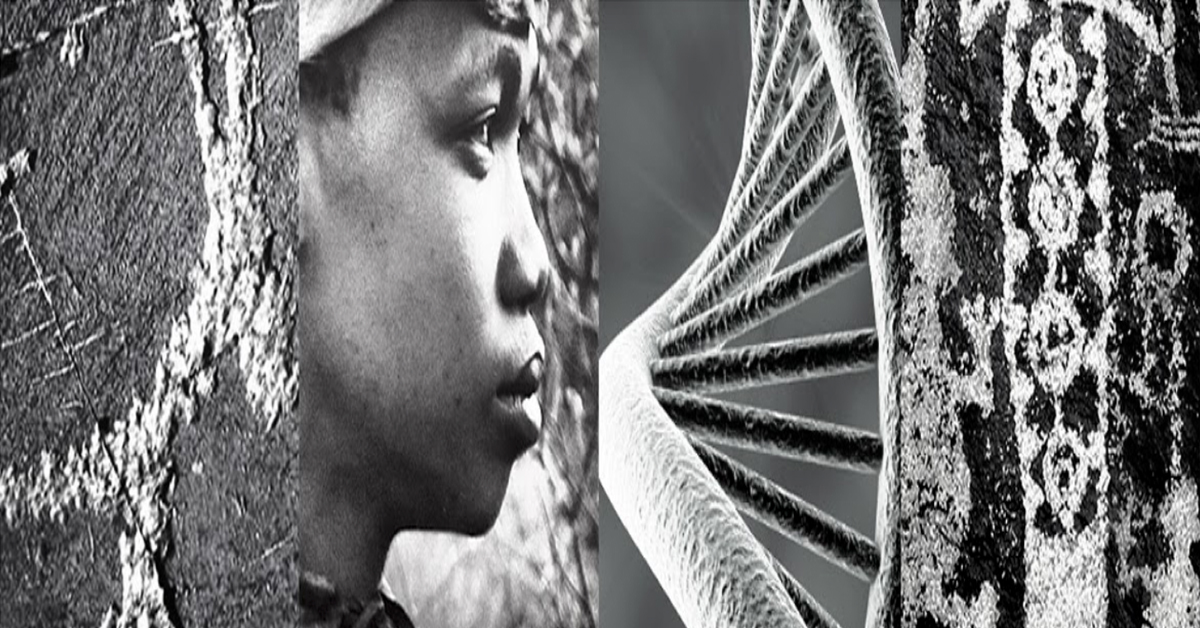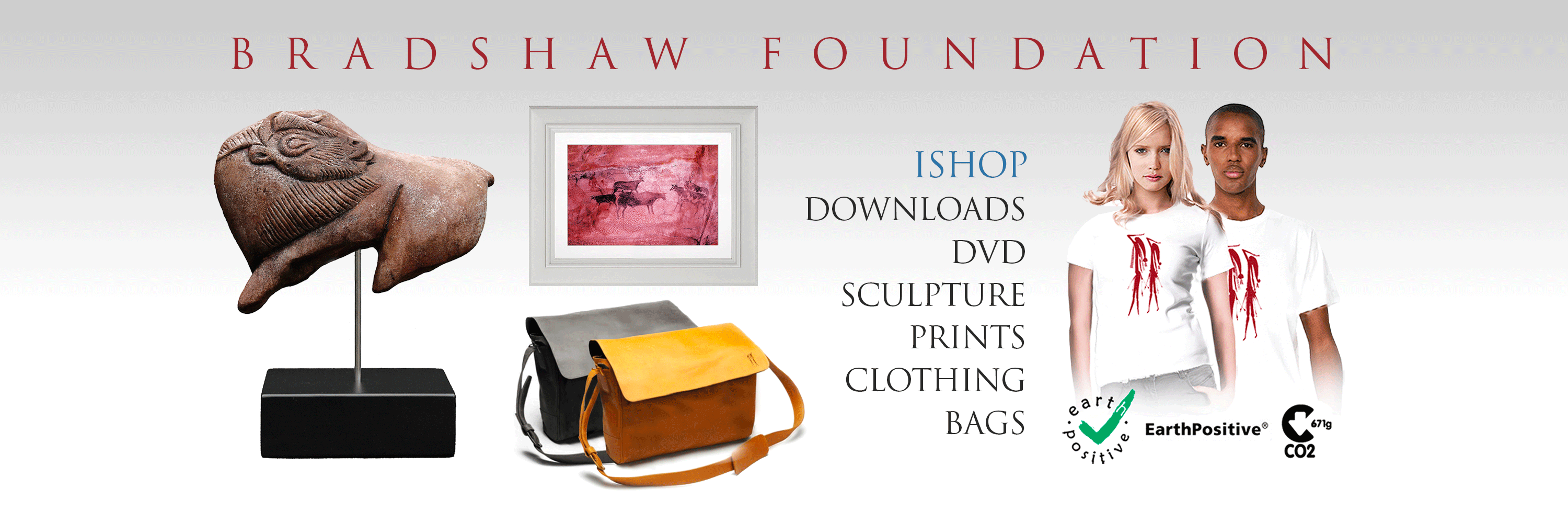


An article in Gizmodo - Natural selection in robots - ponders whether nature has lost its monopoly on natural selection.
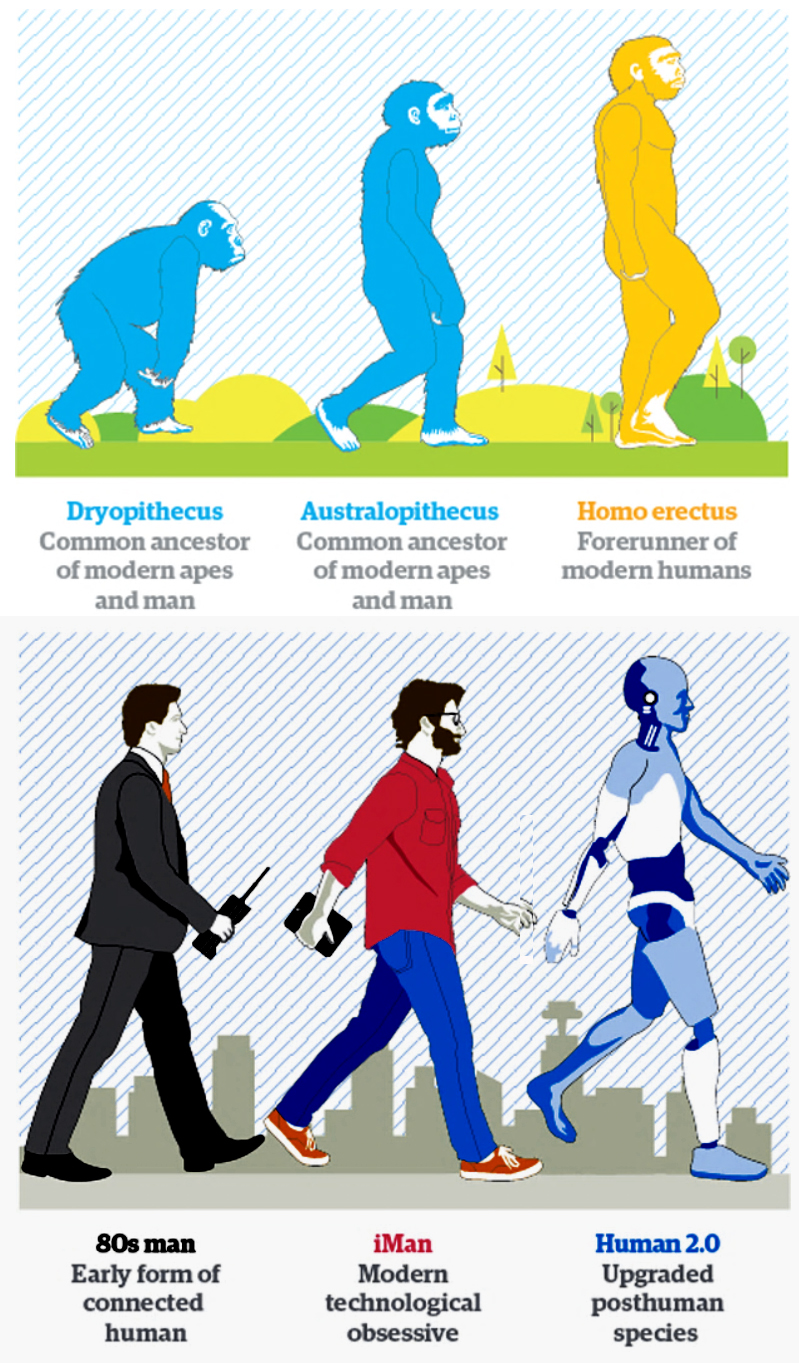
Image: Yuval Harari/Chris Watson, Cath Levett/SPL
Engineers have developed a robot that can mimic the process of evolution to produce smarter machines. Teams in Cambridge and Zurich created a 'mother bot' (a robotic arm) capable of assembling little plastic cubes to create 'babies', each with a small motor inside. The 'mother' then observed which of its 'children' moved farthest over a set period, retaining the best and dismantling the rest. It then built new babies based on the surviving designs, to create new offspring with improved performance. After ten such 'generations', the final version could move more than twice as far as its earliest ancestor.
Lead researcher Fumiya Iida from Cambridge University said he was borrowing directly from nature. "Natural selection is basically reproduction, assessment, reproduction, assessment and so on. That's essentially what this robot is doing - we can actually watch the improvement and diversification of the species." Similar research has already been carried out using computer simulation, but this is the first involving real robots. In time, the goal is to produce robots that can adapt to changing circumstances.
That's not the full story, says Professor Yuval Harari. In his article 'Have humans passed their expiry date?' he states:
When we think about the future we generally think about a world in which people who are identical to us in every important way enjoy better technology: laser guns, intelligent robots, and spaceships that travel at the speed of light. Yet the revolutionary potential of future technologies is to change Homo sapiens itself, including our bodies and our minds, and not merely our vehicles and weapons. The most amazing thing about the future won't be the spaceships, but the beings flying them.
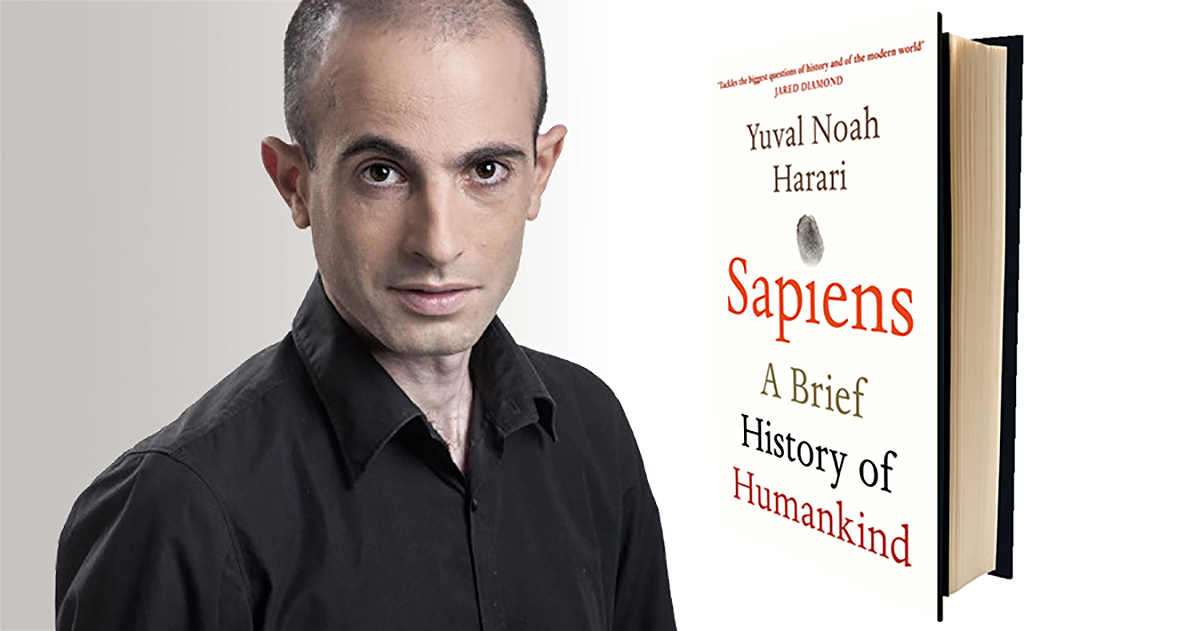
Humans are going to upgrade themselves into gods. That is, humans will acquire abilities that in the past were considered divine, such as eternal youth, mind reading, and the ability to engineer life.
Physicists define the Big Bang as a singularity. It is a point at which all the known laws of nature did not function. Time too did not exist. It is thus meaningless to say that anything existed 'before' the Big Bang. We may be fast approaching a new singularity, when all the concepts that give meaning to our world - me, you, men, women, love and hate - will become irrelevant. Anything happening beyond that point is meaningless to us.
'Sapiens: A Brief History of Humankind' by Yuval Harari:
http://www.bradshawfoundation.com/books/sapiens_a_brief_history_of_humankind.php
by Bradshaw Foundation
Wednesday 23 July 2025
by Bradshaw Foundation
Thursday 29 May 2025
by Bradshaw Foundation
Monday 03 February 2025
by Bradshaw Foundation
Monday 30 May 2022
by Bradshaw Foundation
Wednesday 19 January 2022
by Bradshaw Foundation
Thursday 06 January 2022
by Bradshaw Foundation
Tuesday 21 March 2023
by Bradshaw Foundation
Tuesday 07 February 2023
by Bradshaw Foundation
Thursday 19 May 2022
by Bradshaw Foundation
Monday 04 December 2023
by Bradshaw Foundation
Friday 30 June 2023
by Bradshaw Foundation
Thursday 06 April 2023
by Bradshaw Foundation
Friday 14 July 2023
by Bradshaw Foundation
Monday 22 November 2021
by Bradshaw Foundation
Tuesday 12 July 2016
by Bradshaw Foundation
Tuesday 26 November 2024
by Bradshaw Foundation
Monday 27 November 2023
by Bradshaw Foundation
Friday 07 October 2022
by Bradshaw Foundation
Wednesday 23 July 2025
by Bradshaw Foundation
Thursday 29 May 2025
by Bradshaw Foundation
Monday 03 February 2025
by Bradshaw Foundation
Monday 30 May 2022
by Bradshaw Foundation
Wednesday 19 January 2022
by Bradshaw Foundation
Thursday 06 January 2022
by Bradshaw Foundation
Tuesday 21 March 2023
by Bradshaw Foundation
Tuesday 07 February 2023
by Bradshaw Foundation
Thursday 19 May 2022
by Bradshaw Foundation
Monday 04 December 2023
by Bradshaw Foundation
Friday 30 June 2023
by Bradshaw Foundation
Thursday 06 April 2023
by Bradshaw Foundation
Friday 14 July 2023
by Bradshaw Foundation
Monday 22 November 2021
by Bradshaw Foundation
Tuesday 12 July 2016
by Bradshaw Foundation
Tuesday 26 November 2024
by Bradshaw Foundation
Monday 27 November 2023
by Bradshaw Foundation
Friday 07 October 2022
by Bradshaw Foundation
Tuesday 19 November 2024
by Bradshaw Foundation
Wednesday 22 May 2024
by Bradshaw Foundation
Friday 10 November 2023
Friend of the Foundation
